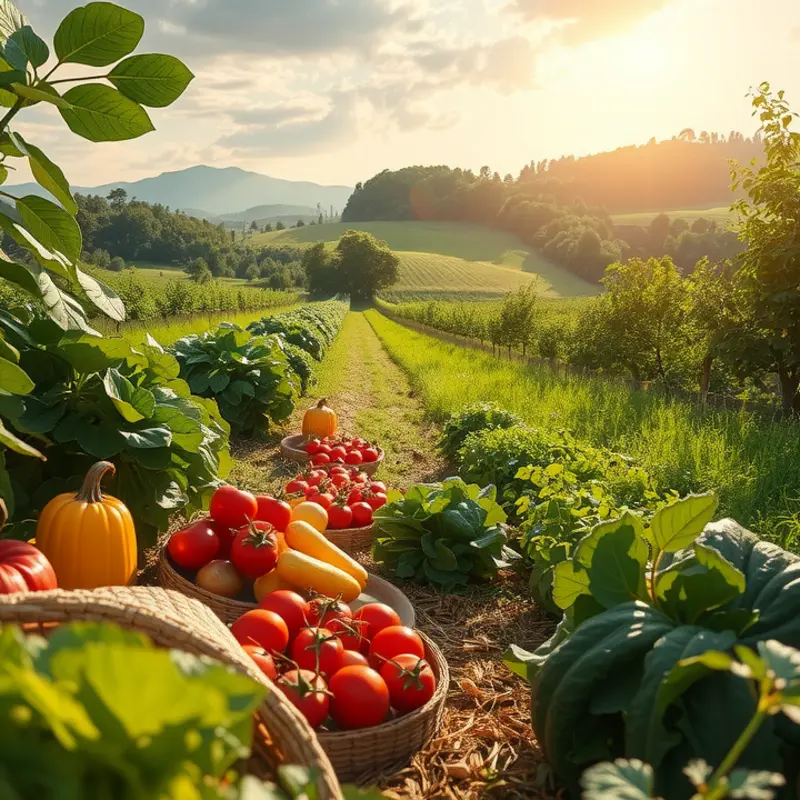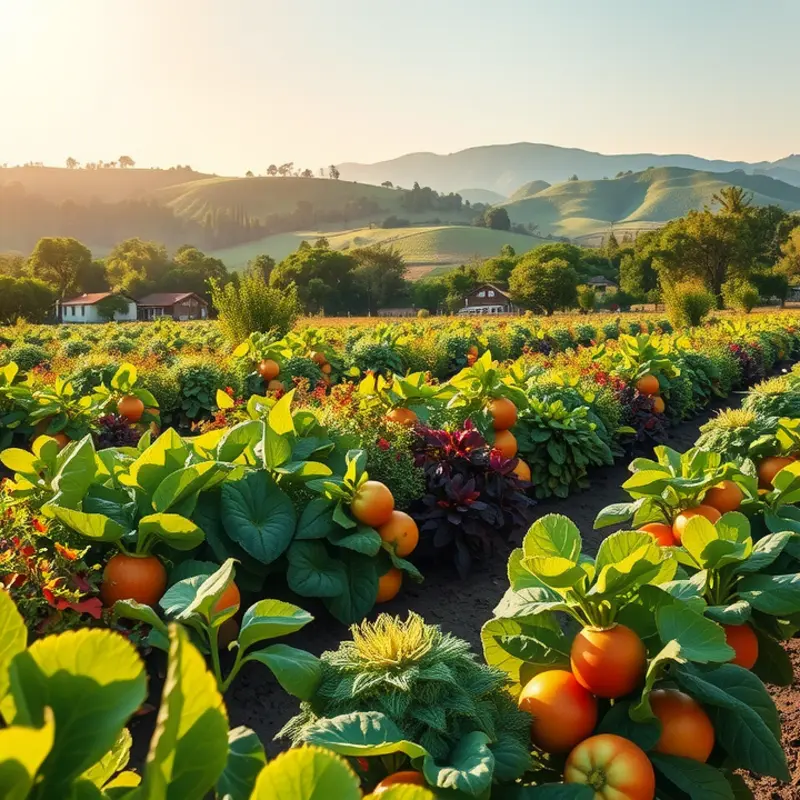Collagen is a vital protein that provides structure to our skin, bones, and connective tissues. As we age, collagen production dwindles, leading to signs of aging like wrinkles and joint pain. Fortunately, incorporating specific foods into your diet can promote collagen synthesis naturally. From vibrant fruits to nutrient-rich seeds, there are a plethora of delicious options available. This guide highlights key foods to help you effortlessly enhance your collagen levels, making wellness a tasty and enjoyable journey.
Fruitful Sources of Vitamin C: A Collagen Essential

Vitamin C plays a pivotal role in collagen production by acting as a cofactor in collagen synthesis and stabilizing the collagen molecule. A diet rich in Vitamin C enhances skin elasticity and reduces wrinkles. Fruits like oranges, strawberries, and kiwi are not just delicious; they are formidable sources of this essential nutrient.
Oranges are perhaps the most renowned source of Vitamin C. One medium orange provides more than 70 mg, which satisfies the recommended daily intake. Easily incorporate oranges into your diet by starting your day with a glass of fresh orange juice or adding orange segments to your salads.
Strawberries offer a surprising punch of Vitamin C. Just a cup of these juicy berries delivers about 89 mg of Vitamin C. For a vitamin-rich snack, consider combining strawberries with Greek yogurt, or top your morning oatmeal with fresh strawberries for a vibrant breakfast.
Kiwi is another powerhouse of Vitamin C. Just one medium kiwi contains around 71 mg, making it an exceptionally potent source. Slice kiwi into your fruit salad or blend it into a smoothie for a refreshing treat.
For those seeking a more structured approach to meal planning with these fruits, consider visiting minimal prep dinner ideas to integrate them effortlessly into your meals.
Incorporating these fruits into snacks and meals not only boosts collagen production but also enhances your diet with vital nutrients. Create a parfait with layers of kiwi and strawberry or assemble a mixed fruit platter with citrus slices, kiwi rounds, and strawberries. These delightful options not only satisfy your palate but also contribute to your skin’s health. By ensuring an adequate intake of these fruits, you support your skin’s natural repair processes, resulting in a youthful and resilient complexion.
Protein Powerhouses: Foods That Build Collagen

Collagen production in our bodies hinges significantly on adequate protein intake. Proteins are composed of amino acids, essential in collagen synthesis. When we consume foods rich in protein, we supply our bodies with the necessary building blocks to maintain skin elasticity, joint health, and overall vibrancy.
Chicken is an excellent source of lean protein, providing a variety of amino acids crucial for collagen production, particularly glycine and proline. A simple way to incorporate chicken into your diet is by preparing a hearty chicken soup. Boil the chicken with vegetables, and add herbs like thyme or parsley for flavor without excessive sodium. This dish not only supports collagen synthesis but is also comforting and nutritious.
Fish, especially varieties like salmon and tuna, are another high-protein option with the added benefit of omega-3 fatty acids. These fats help maintain skin moisture and elasticity, critical elements in collagen maintenance. Grilled fish with a side of fresh greens is a quick, healthful meal. For tips on speedily preparing fish, check out this guide.
Legumes, including beans and lentils, provide a plant-based protein alternative for those avoiding animal products. They are packed with protein and antioxidants and protect cells from damage that could hinder collagen efficacy. A delicious way to enjoy legumes is by making a lentil salad. Mix cooked lentils with diced tomatoes, cucumbers, and a splash of lemon juice for a refreshing dish.
Amino acids are the workhorses in protein that directly contribute to collagen formation. Each plays a specific role in the complex collagen architecture. Glycine is integral in forming collagen’s triple-helix structure. Proline helps stabilize and strengthen the structure, whereas lysine, another essential amino acid, is crucial for cross-linking that strengthens collagen fibers.
Incorporating these protein-rich foods into your diet doesn’t have to be labor-intensive. Consider meal prepping to ensure you have these nourishing options ready to go throughout the week. This practice saves time and enhances your nutritional intake consistently. By including a variety of protein sources, you ensure a comprehensive intake of amino acids, supporting your body’s natural collagen production.
In conclusion, by mindfully choosing protein powerhouses like chicken, fish, and legumes, you lay a strong foundation for collagen synthesis. These options not only satisfy diverse dietary preferences but also significantly contribute to skin and joint health, supporting your overall wellness journey.
Final words
Incorporating collagen-boosting foods into your diet is not just about enhancing your skin’s appearance—it’s about supporting your overall health and well-being. From the refreshing taste of citrus fruits packed with vitamin C to the nutrient-dense proteins that aid in collagen formation, every bite can contribute to a more vibrant you. Remember, a balanced diet enriched with these foods can lead to improved skin elasticity, reduced joint pain, and heightened overall vitality. Start integrating these delicious options into your meals today and embrace a holistic approach to wellness.








